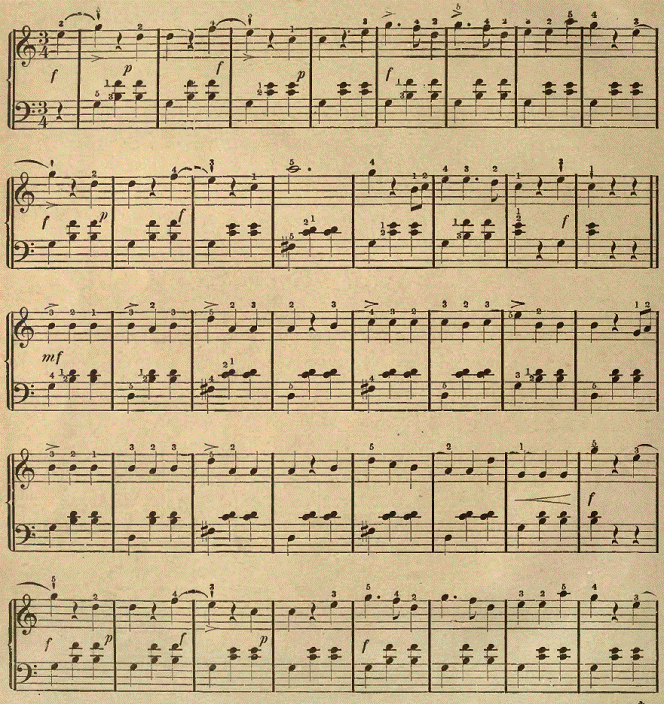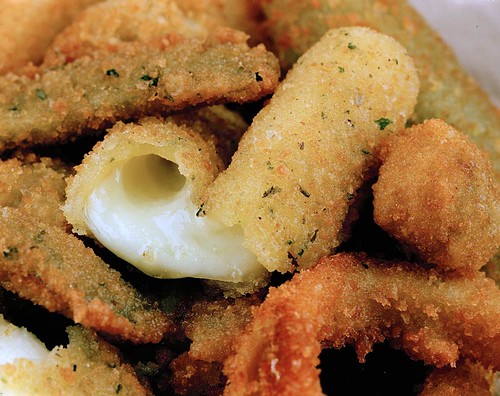
Light arose over the field of desert sand yellowing in the whiteness of the light. The bird had the loudest song and could be heard singing in the open market place far off in the direction of the city, could be heard by the nomads swathed in cloth and their animals that stood drinking with ears perked in the shallow desert waters. Through the fronds of the Arabian tree the bird could be seen, shimmering colors in the intensity of light, throat open to herald the rising sun and continuing long after it was arisen. Her song was changed from the owl, who screeched and scowled over the city night, the foul stench of retched mice heavy in the breath of his flight, carrying the signs of death on his wingtips. In this land, for these people, birds were carriers, the eagle, the feathered king, ruled over all and so many messengers were burdened with the lamentations of coming funerals. The priests, the diviners, wrapped in white or black cloth would listen for the bird calls to determine the fortunes of great men or lesser. In the palace, swans would signal the coming of their own degeneration with a song unheard by any until this grand and eloquent moment. The crows, who mock the wind's life-giving breath, with their own commit the power to overtake it. They perched everywhere, covering the rawhide stall ceilings and the castle ramparts both, mimicking the mourners in their dark robes and heavy lids.
They sing an anthem:
That the love song of the Phoenix to the Turtle Dove, a cursed thing from start, shall in flame be and with the unnatural lovers, consumed. With every song against them they loved each other unspoken, the Phoenix every morning sang to the morning but changed the song lodged in her breast towards the Turtle Dove who in turn sang back to her in secret. The songs, though markedly different, in essence were the same lamentation of a love not consummated. Each distinctly different, the Phoenix had a lilting song, the Turtle Dove's was urgent and violently passionate. Yet together, all songs faded, they became one song sung together, a sound unlike any could be made by any living thing. Both the Phoenix and the Turtle Dove lived apart, until one day, the Turtle Dove peered into the branches of the tree and saw the Phoenix burning brightly between the palm fronds. From the sight of her the Turtle Dove became inextricable, they merged into one, defying all nature, the self of each dissolved into the self of the other; natures own chimeric conflagration. No longer the Phoenix and the Turtle Dove, though none could say exactly what it then became. Reason, logic, the laws of nature were thwarted as all turned out to hear the song so separate merge into one, as these beings so separate merged into one. Reason, logic, law, threw up their mighty hands and departed from the foot of the tree.
However, when these laws are breached, consequences spring up and the birds hunched around the ramparts, the merchants stalls, began to greedily shriek:
As the Turtle Dove and Phoenix came to consummate their love, as two merged into one, all shot up in flame. Their hearts were asunder, their beings caught up in a firefight. From the city, from the palace walls one could see the flaming pillar. All activity ceased. The animals raised up their heads from the drinking pond, the nomads grew fearful and watched the tall black column of smoke rise into the sky, blotting out the sun. They had defied all natural things, broken the call of reason and when the flames quieted all was left in ashes. Truth and beauty extract reason. They lay buried beneath the Arabian tree, ashed in a form that looks like the etching of a Phoenix and Turtle Dove, entwined, combined, and whatever is true, or fair, is left unknown. For these dead birds cried no lamentation. The owls quieted their voice, the crows flew over the fire site as the mourners pay their dues. The eagle presided. The priests only whispered a prayer.















